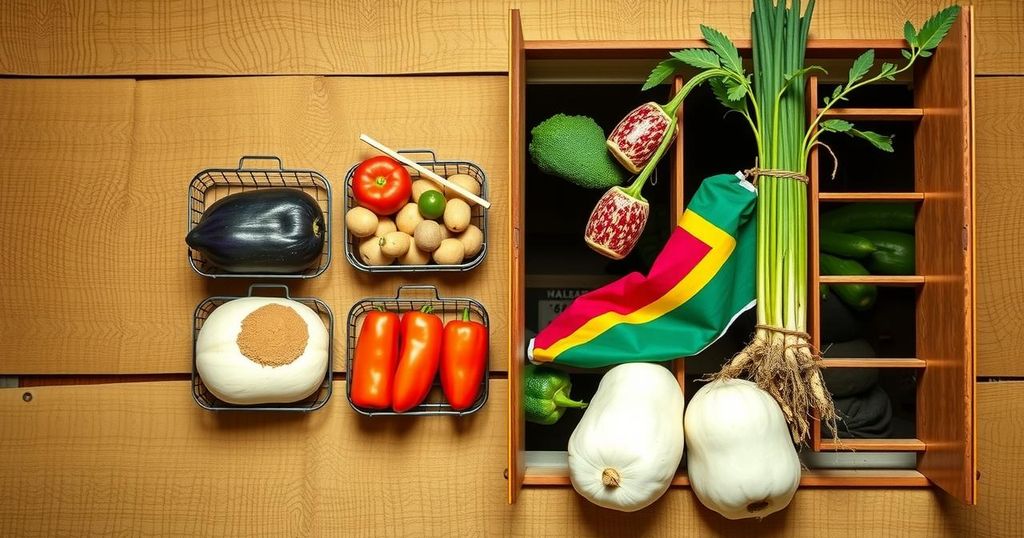Botswana’s Government Eases Import Restrictions on South African Vegetables

Botswana’s new government has lifted the ban on South African vegetable imports, which will occur in two phases. The first phase has already started, while the second phase in April will include more vegetables like potatoes and onions. This decision is vital to restore trade relations and address food security issues.
The newly elected government of Botswana, led by President Duma Boko, has announced the lifting of the longstanding import ban on vegetables from South Africa. This policy shift will occur in two phases, with the initial phase allowing the importation of select vegetables such as turmeric, patty pan, pumpkin, and sweet potatoes already in progress. The second phase, slated to begin in April, will expand the list to include popular vegetables such as potatoes, onions, and tomatoes. This move aims to restore trade ties and address food security concerns in Botswana, which had seen a decline in vegetable imports from South Africa due to previous restrictions.
Earlier this year, Botswana and Namibia imposed a ban on vegetable and citrus imports from South Africa to protect local agriculture and promote self-sufficiency. However, the restriction led to significant negative impacts, including a marked decrease in South African vegetable exports and potential food insecurity within Botswana. The lifting of the ban is in alignment with broader regional trade aspirations, specifically the African Continental Free Trade Area and Africa Agenda 2063, which advocate for open trade practices among member states.
In summary, the Botswana government’s decision to lift the import ban on South African vegetables is a significant step towards enhancing food security and revitalizing regional trade. The phased approach to reestablishing these imports reflects a commitment to agricultural interdependence within Southern Africa, which is crucial for economic stability and growth. The anticipated increase in vegetable availability is expected to ease inflationary pressures on local markets.
Original Source: www.sowetanlive.co.za








